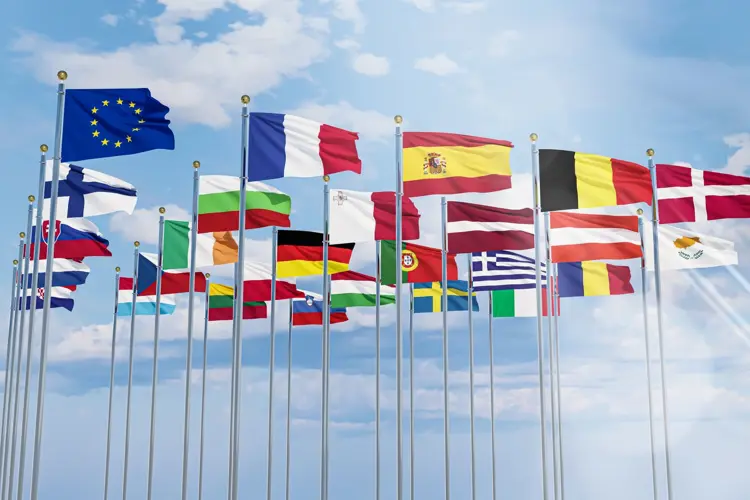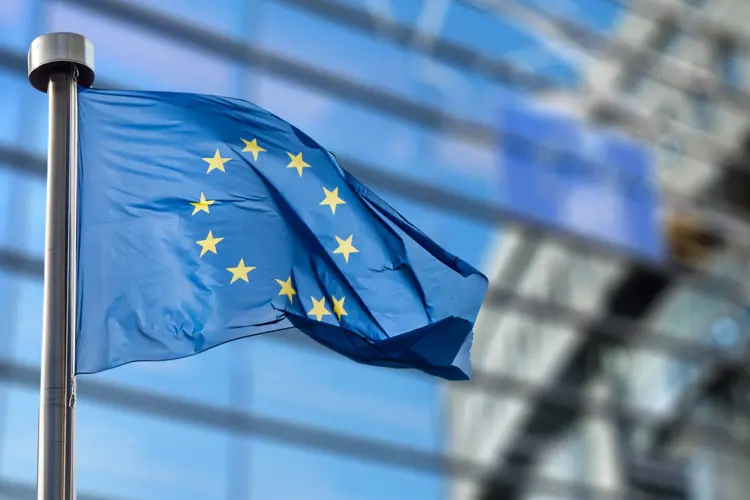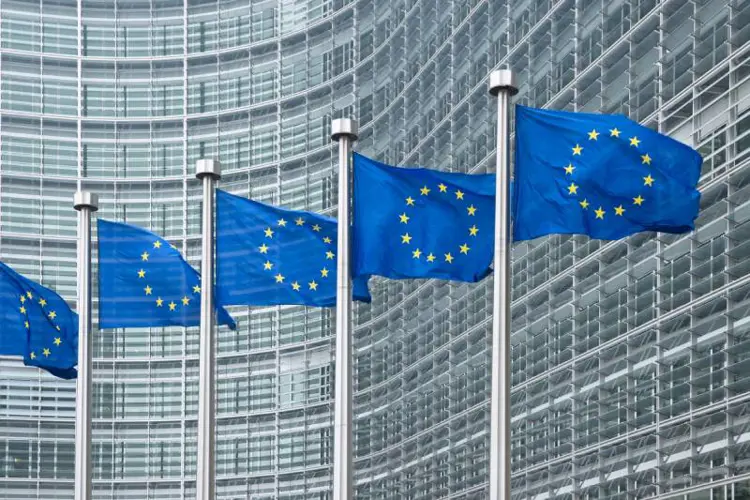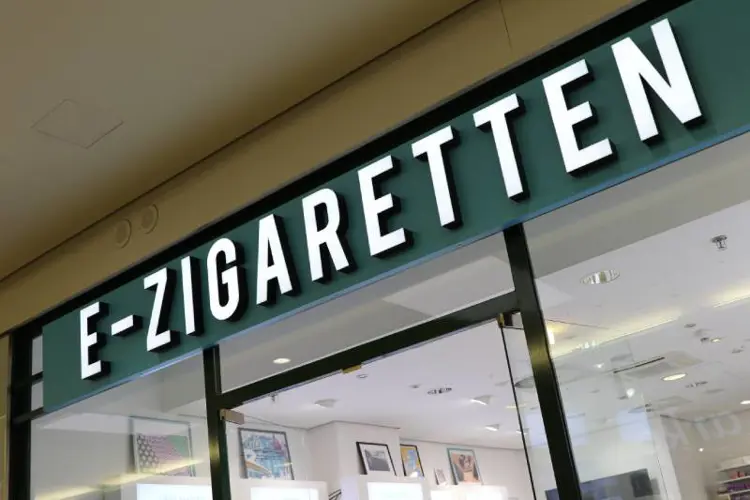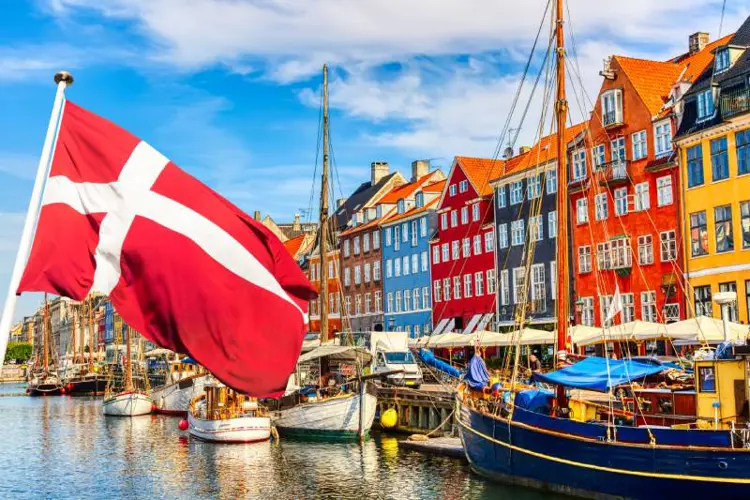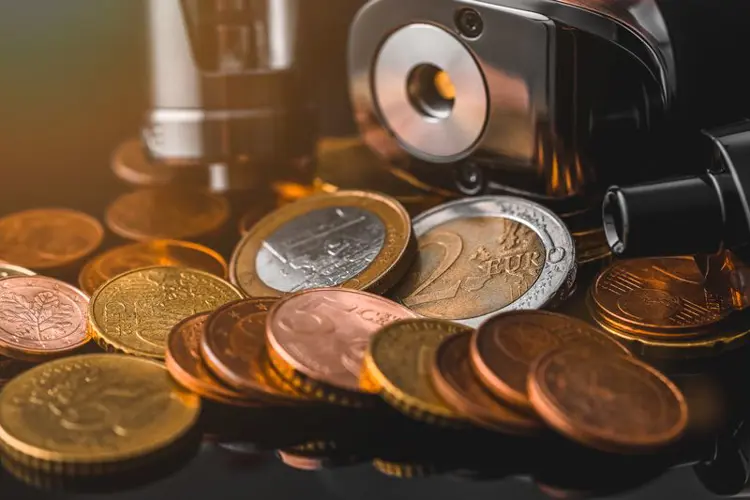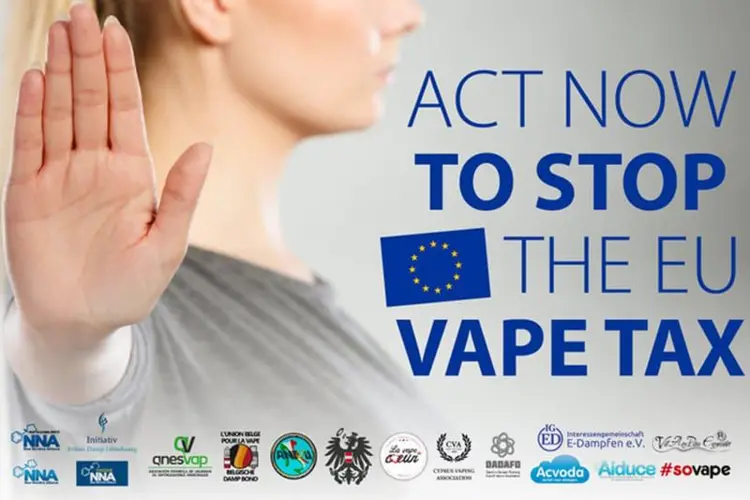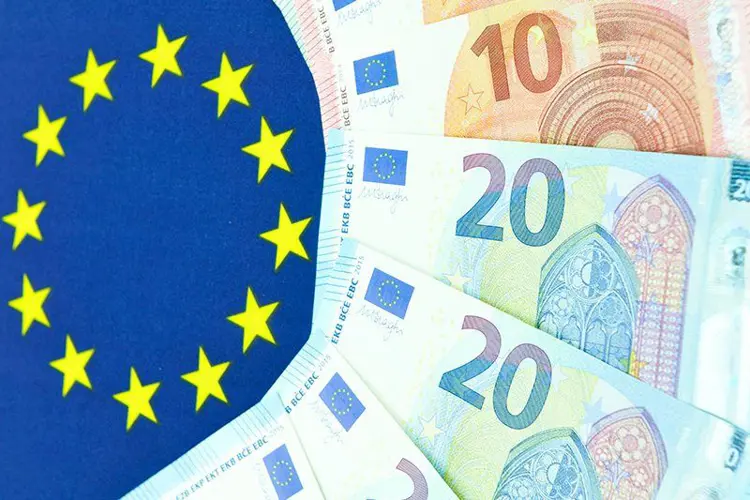After four years of being crippled by a bizarre and unfair tax on e-liquid, the Italian vaping industry can finally begin to rebuild itself and once again help the country’s smokers find safer alternatives at reasonable prices.
Two parties — League and the Five Star Movement — were able to push through an amendment to drastically reduce the crushing vape tax in a Nov. 26 Senate Finance Committee vote, according to Sigmagazine. The tax was cut by 80 percent on nicotine-containing liquids, and 90 percent on zero-nic products. The amendment was passed despite opposition from the Ministry of Health.
In 2014, the Italian vape industry had about 4,000 businesses — in a country of just 61 million people. That’s more than five times as many vaping vendors per capita as the United States has now. But the excise tax reduced the number of vape businesses to just 1,000 before the end of 2016.
The tax added almost €0.40 (40 Euro cents, about 46 U.S. cents) per milliliter to the cost of e-liquid — or about €4 (or $4.60) on each 10 mL bottle. The new law will reduce the tax to €0.08 per mL for e-liquids containing nicotine, and €0.04 for nicotine-free e-juices. For DIY enthusiasts, PG, VG, and flavorings are untaxed, unless they’re mixed before purchase.
The taxation change must still be approved by the full parliament, but that’s not expected to be a serious hurdle. The bill could be passed before Christmas and take effect quickly.
The bill will also lift the ban on online sales within Italy (cross-border sales will still be prohibited). Unfortunately. the Italian Tobacco Customs Monopoly (AAMS) will maintain its jurisdiction over e-liquid, which means that vaping may continue to be legally conflated with smoking and subject to the same restrictions on public and indoor use..
AAMS will also control and license distribution, and monitor Tobacco Products Directive (TPD) compliance. Manufacturers will still have to follow TPD rules, which means a maximum bottle size of 10 mL for nicotine-containing e-liquids, a nicotine limit of 20 mg/mL, and a maximum size of 2 mL for tanks and other liquid-containing devices.
Still, for vapers who have fought the monstrous tax law for years, the change will be more than welcome. Italy had a thriving vapor industry before the 2014 implementation of the excise tax, which was based on a byzantine formula that supposedly described how much e-liquid was equivalent to one cigarette, and then taxed e-liquid at half the rate of cigarettes by weight.
The result was a tax so high it made the average vaper’s daily e-liquid cost twice as much as a pack of cigarettes, according to Judy Gibson of the International Network of Nicotine Consumer Organisations. INNCO, in conjunction with Italian vapers’ consumer group Associazione Nazionale per i Vapers Uniti (ANPVU), submitted a letter to Italian lawmakers explaining why the existing law was terrible for smokers and vapers, but also for the government itself.
“In May of 2015, the consumption of e-cigarettes in Italy fell by approximately 70% caused primarily by users importing products online, sourcing illicit (and untested) alternatives or tragically, returning to a verified assassin - combustible tobacco,” said the INNCO letter. “The number of e-cigarette vendors and businesses fell from 4,000 to 1,000. In the first 11 months of 2016, the Italian Exchequer collected an estimated 3 million Euros in tax revenue. This represented c. 0.3% of the tax revenues generated by tobacco products and the loss of 3,000 vape shops which equates to roughly 10,000 retails jobs lost.”
There is no benefit to the country in a tax so high it pushes people to the black market, reduces revenues, kills tax-paying small businesses and the jobs they create, and discourages smokers from trying a product that might save their lives. The Italian government has finally gotten the message and shifted course.
The Freemax REXA PRO and REXA SMART are highly advanced pod vapes, offering seemingly endless features, beautiful touchscreens, and new DUOMAX pods.
The OXVA XLIM Pro 2 DNA is powered by a custom-made Evolv DNA chipset, offering a Replay function and dry hit protection. Read our review to find out more.
The SKE Bar is a 2 mL replaceable pod vape with a 500 mAh battery, a 1.2-ohm mesh coil, and 35 flavors to choose from in 2% nicotine.
Because of declining cigarette sales, state governments in the U.S. and countries around the world are looking to vapor products as a new source of tax revenue.
The legal age to buy e-cigarettes and other vaping products varies around the world. The United States recently changed the legal minimum sales age to 21.
A list of vaping product flavor bans and online sales bans in the United States, and sales and possession bans in other countries.







